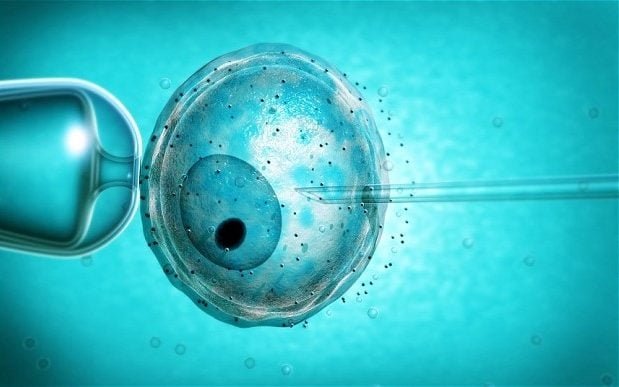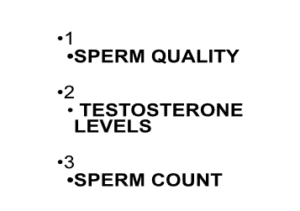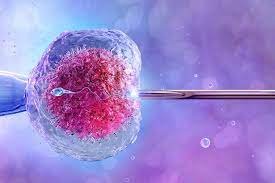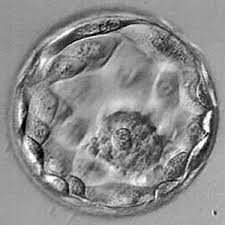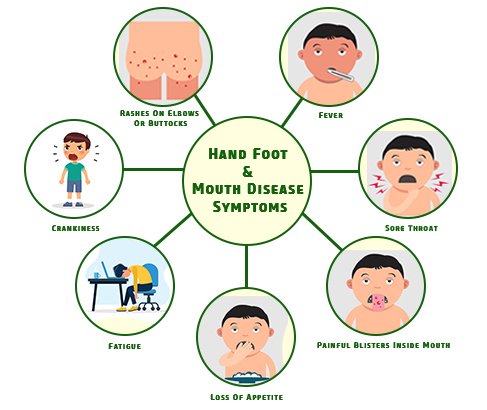Decoding The Signs of Bad Egg Quality – A Deep Dive into Fertility

Understanding one's body is the first step to health & well-being. When it comes to fertility, being aware of the signs of egg quality is crucial.
Here's the Lowdown:
Though age is just a number, when it comes to fertility, it’s a wee bit more. Women above 35 often face challenges concerning egg quality.
Repeated Mis Carriage
- Heartbreaking as it is, recurrent miscarriages underlying issue with egg quality.
Low FSH Reserves & AMH values
- A higher than normal FSH (Follicle Stimulating Hormone ) level can diminished ovarian reserve whereas AMH levels give a sneak – peek into one’s ovarian reserve.


Treatment of Bad Egg Quality
The world of medicine has made leaps and bounds. Depending on the diagnosis, treatments like IVF, ICSI & Egg donation.
Supplements & Vitamins
Here’s some food for thought ( quite literally ) certain vitamins and supplements like Vitamin-D, and omega-3 Fatty acids can potentially improve egg quality.
Conclusion
While signs of bad egg quality can be distressing, remember, that knowledge is power. Armed with information and with the guidance of IVF clinics like REVIVA Fertility, you’re well on your path to understanding & optimizing your fertility journey.





